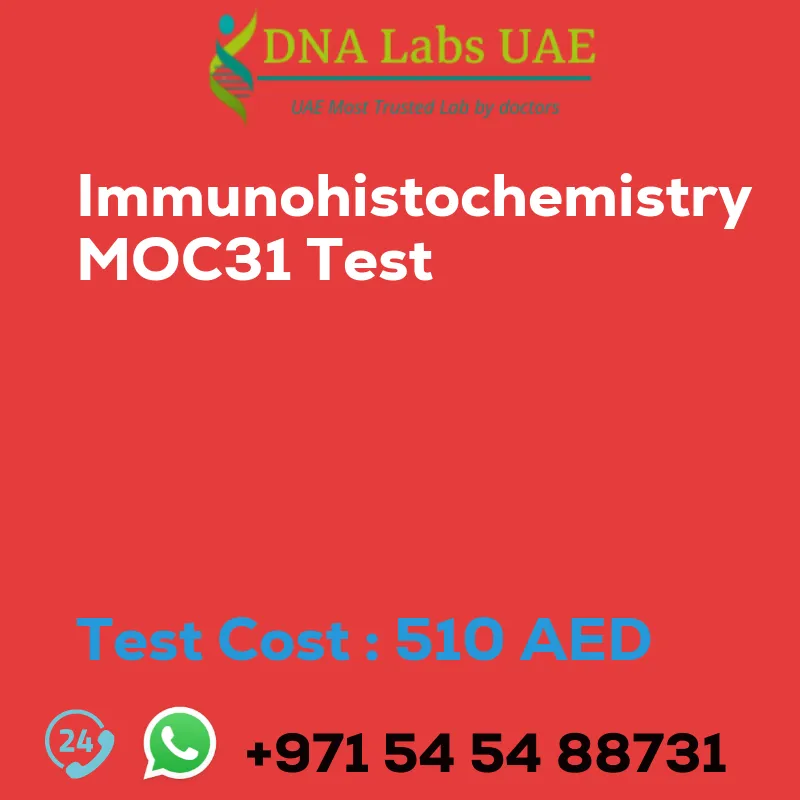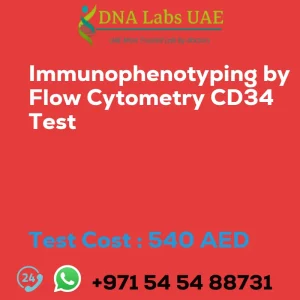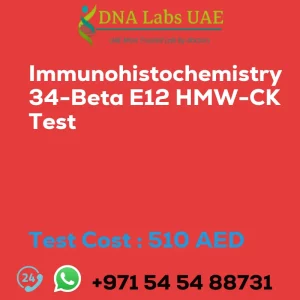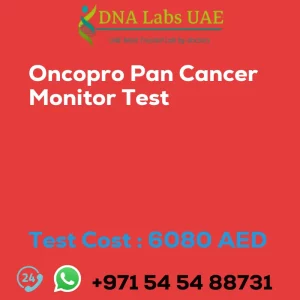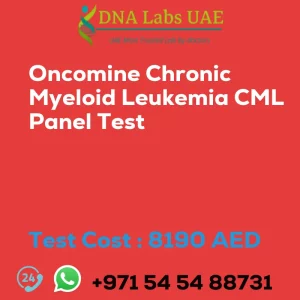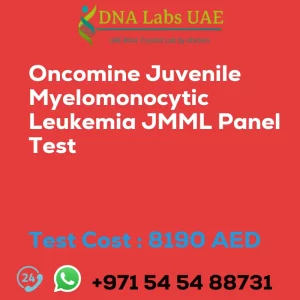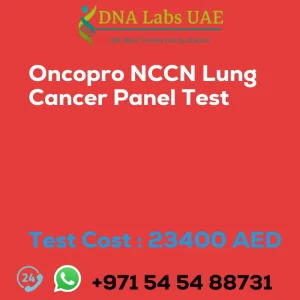IMMUNOHISTOCHEMISTRY MOC31 Test
Welcome to DNA Labs UAE, a genetic lab specializing in advanced diagnostic tests. In this blog, we will discuss the IMMUNOHISTOCHEMISTRY MOC31 Test, its cost, symptoms, diagnosis, and other important details.
Test Name: IMMUNOHISTOCHEMISTRY MOC31 Test
Components:
- Price: 510.0 AED
Sample Condition:
Submit tumor tissue in 10% Formal-saline OR Formalin fixed paraffin embedded block. Ship at room temperature. Provide a copy of the Histopathology report, Site of biopsy and Clinical history.
Report Delivery:
- Sample: Daily by 6 pm
- Report Block: 5 days
- Tissue Biopsy: 5 days
- Tissue large complex: 7 days
Method:
Immunohistochemistry
Test Type:
Cancer
Doctor:
Oncologist
Test Department:
HISTOLOGY
Pre Test Information:
Provide a copy of the Histopathology report, Site of biopsy and Clinical history.
Test Details
The MOC31 test is an immunohistochemistry (IHC) test that is used to detect a protein called EpCAM (epithelial cell adhesion molecule) in tissue samples. EpCAM is a cell surface protein that is commonly expressed in epithelial cells, including those found in various types of cancer.
The MOC31 test is primarily used in the diagnosis and characterization of certain types of cancer, particularly cancers of epithelial origin. It can help differentiate between different types of tumors and determine their origin. For example, it can be used to distinguish between lung cancer and mesothelioma, as well as to differentiate between primary and metastatic tumors.
The MOC31 test involves staining tissue samples with a specific antibody that recognizes and binds to the EpCAM protein. The antibody is labeled with a marker, usually a colored dye, that can be visualized under a microscope. If the tissue sample shows positive staining for EpCAM, it indicates the presence of epithelial cells and suggests a diagnosis of epithelial cancer.
The MOC31 test is commonly performed on formalin-fixed, paraffin-embedded tissue sections, which are the standard method for preserving and preparing tissue samples for histological analysis. The test is usually performed in a laboratory setting by trained technicians or pathologists.
It is important to note that the MOC31 test is just one of many immunohistochemistry tests available, and its interpretation should be done in conjunction with other clinical and pathological findings. It is not a definitive diagnostic test on its own, but rather a tool that aids in the diagnosis and characterization of cancer.
| Test Name | IMMUNOHISTOCHEMISTRY MOC31 Test |
|---|---|
| Components | |
| Price | 510.0 AED |
| Sample Condition | Submit tumor tissue in 10% Formal-saline OR Formalin fixed paraffin embedded block. Ship at room temperature. Provide a copy of the Histopathology report, Site of biopsy and Clinical history. |
| Report Delivery | Sample Daily by 6 pm; Report Block: 5 days Tissue Biopsy: 5 days Tissue large complex : 7 days |
| Method | Immunohistochemistry |
| Test type | Cancer |
| Doctor | Oncologist |
| Test Department: | HISTOLOGY |
| Pre Test Information | Provide a copy of the Histopathology report, Site of biopsy and Clinical history. |
| Test Details |
The MOC31 test is an immunohistochemistry (IHC) test that is used to detect a protein called EpCAM (epithelial cell adhesion molecule) in tissue samples. EpCAM is a cell surface protein that is commonly expressed in epithelial cells, including those found in various types of cancer. The MOC31 test is primarily used in the diagnosis and characterization of certain types of cancer, particularly cancers of epithelial origin. It can help differentiate between different types of tumors and determine their origin. For example, it can be used to distinguish between lung cancer and mesothelioma, as well as to differentiate between primary and metastatic tumors. The MOC31 test involves staining tissue samples with a specific antibody that recognizes and binds to the EpCAM protein. The antibody is labeled with a marker, usually a colored dye, that can be visualized under a microscope. If the tissue sample shows positive staining for EpCAM, it indicates the presence of epithelial cells and suggests a diagnosis of epithelial cancer. The MOC31 test is commonly performed on formalin-fixed, paraffin-embedded tissue sections, which are the standard method for preserving and preparing tissue samples for histological analysis. The test is usually performed in a laboratory setting by trained technicians or pathologists. It is important to note that the MOC31 test is just one of many immunohistochemistry tests available, and its interpretation should be done in conjunction with other clinical and pathological findings. It is not a definitive diagnostic test on its own, but rather a tool that aids in the diagnosis and characterization of cancer. |

